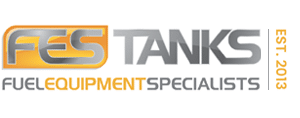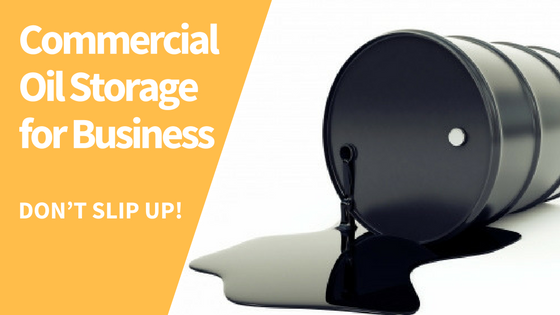Commercial Oil Storage. Don’t slip up!
If you’re in any industry that runs a lot of vehicles or heavy machinery, no doubt you are keen to get the best value out of your fleet – and who isn’t? – there’s a fair chance you’ll at some stage consider designing or equipping a new vehicle maintenance facility for your business.
A properly run maintenance depot can help your fleet operate at maximum efficiency with minimum downtime.
Getting your oil and lubricant storage right is one of the critical considerations – we’ve listed some of the key points to note for your transport facility.
The Good Oil – Avoid oil storage slip-ups
Keeping the oil you use in top condition is critical to your operations. Not only that, but getting oil storage wrong can be an expensive mistake.
For many transport operations, the best option is to design an oil storage room for storing bulk oil tanks, intermediate bulk containers (IBCs) and drums.
It’s worth consulting an expert when planning this part of your operation. You’ll need to check the storage regulations in your state to determine whether you need bunded tanks, which are generally considered industry best practice.
Some operators consider constructing a bunded oil room as the most cost-effective option, but these days there are plenty of cost-effective self-bunded waste oil tank options in a variety of capacities that will give you the advantages of versatility and portability without the expensive capital works costs. What’s more, tanks like those in the F.E.S. TANKS range offer extra advantages like easy access for cleaning and testing the quality of your oil and fuel.
Self-bunded tanks vs IBCs
Did you know it is contrary to Australian Standards (AS1940) to store oils for dispensing in intermediate bulk containers (IBCs) unless you have high turnovers and can provide evidence that the container is being changed every 2-3 weeks?
The reason is that IBCs degrade due to UV exposure, making them non-compliant with the Australian Standards and not necessarily the optimum storage option for your products.
Hartex Engineering general manager Varuna Krishnaratna says insurance companies may also refuse to pay out for damage due to fires or oil spills from IBCs being incorrectly used as oil tanks.
The upshot is that if you opt for IBCs you might pay less initially, but the costs could be considerably more in the long-term in regular container replacement, compliance paperwork and containment.
Small volume waste oil tanks are a safe, economical and convenient way to avoid the headaches if you need to store and dispense smaller quantities of oils or lubricants, and importantly these small cube tanks are fully compliant with Australian standards.
F.E.S. Bloc tanks are built from high grade steel with durable fittings. They are all finished with a heavy-duty 300 micron paint finish and are self-bunded with a secondary internal container. These tanks also come with forklift pockets and lifting eyes at each corner, while their cube styling gives maximum volume (more space efficient than drums) with a small footprint.
To find out more give the experts at F.E.S. TANKS a call on 1300-651-391 or get in touch via our web form.





No comment yet, add your voice below!